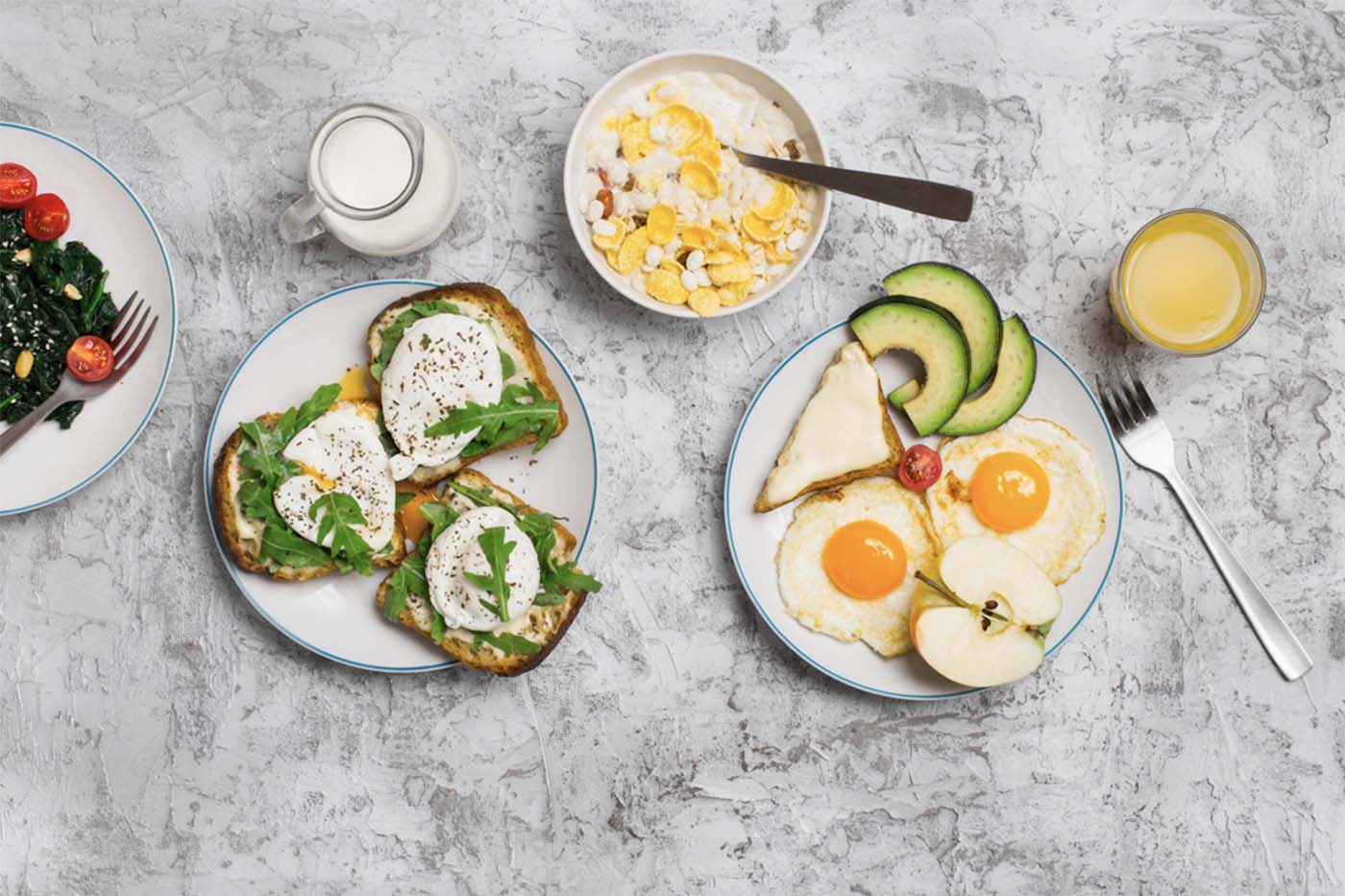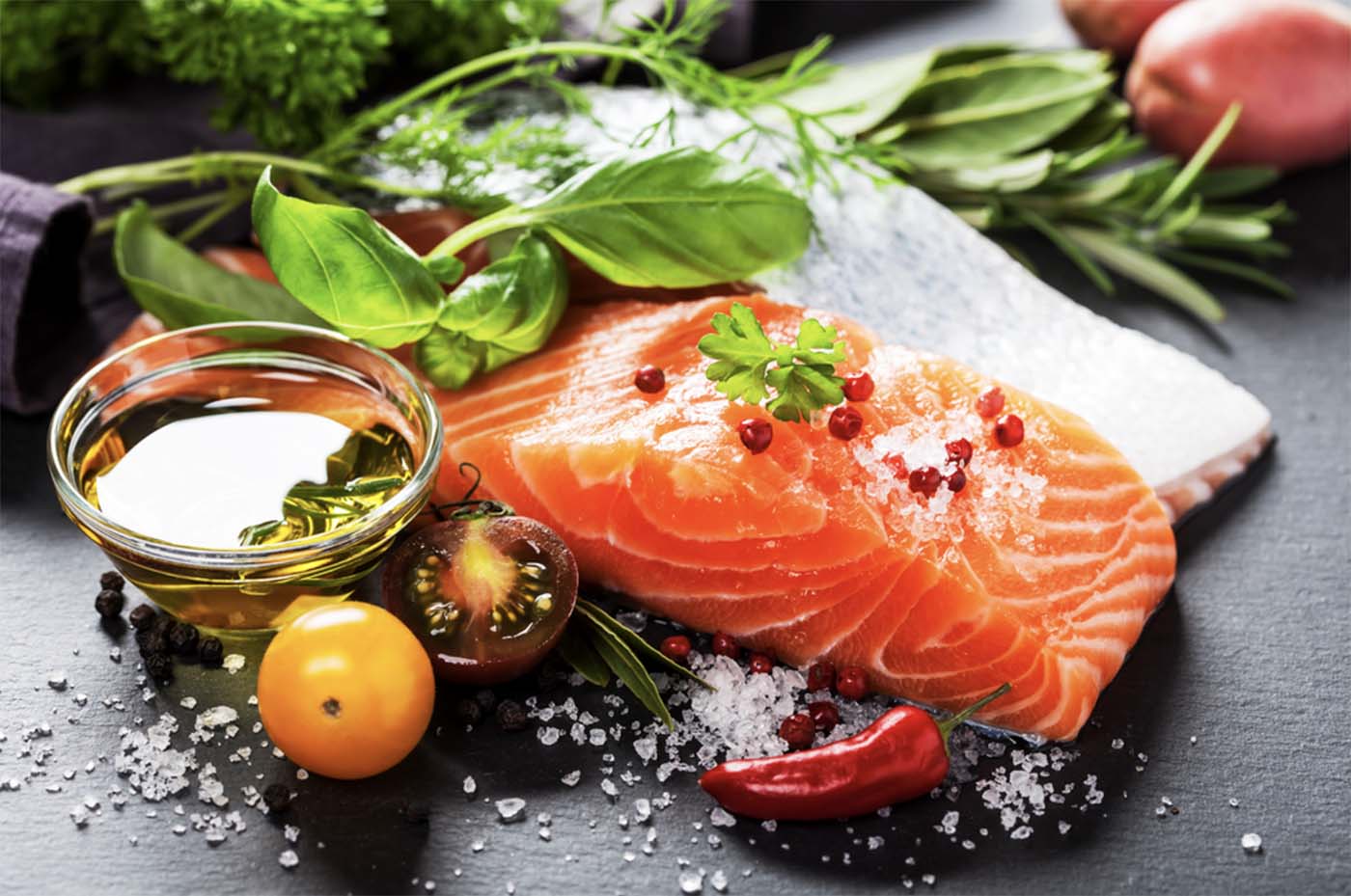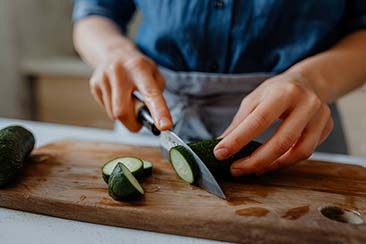Our health needs evolve as we age, and to maintain good well-being, we must adapt our dietary and lifestyle choices accordingly. Besides doing regular health check-ups and staying physically active, the elderly should watch their nutrition. Healthy eating habits for seniors can be a foundation of overall wellness and vitality in their golden years.
This article provides tips on how elderly people should eat to maintain excellent physical and mental health. Read on to learn what essential vitamins and top nutrients our bodies may lack as we mature.
Why should older adults look after their diet?
As people age, they undergo physiological changes, including reduced metabolic rate, altered taste and appetite, and decreased digestive efficiency. Because of these changes, older adults are more prone to malnutrition, muscle weakness, and various chronic diseases.
Maintaining a well-balanced diet full of whole foods and ecological products can help the elderly prevent health complications and ensure their body receives vital nutrition to support daily activities and overall well-being. Moreover, healthy eating helps an aging organism to bolster the immune system and aid cellular regeneration, ensuring vitality and longevity.

elderly people eating fruits images / Image from Depositphotos.
How does prioritizing healthy choices improve a senior’s life?
Prioritizing healthy food choices offers numerous benefits for your physical and mental prosperity, allowing you to lead a more active and fulfilling life. The most prominent advantages include the following:
Boosted immunity
A nutritious and balanced diet can provide elderly individuals with the essential vitamins and minerals to support and enhance immune function. Nutrients like vitamins C and E, zinc, and selenium boost immunity and support the production and activity of white blood cells that fend off pathogens. In particular, certain foods, such as garlic, ginger, and probiotic-rich foods like sauerkraut or natto, have immune-boosting properties.
Optimal digestion
Older people often experience reduced stomach acid production, changes in gut microbiota, and decreased peristalsis, which can lead to constipation, gas, and bloating. Eating foods high in fiber, such as whole grains, fruits, and vegetables, can support the natural processes of their digestive tract. Fiber adds bulk to the stool, facilitating regular bowel movements and preventing constipation. Besides, a healthy digestive system ensures a faster and more efficient absorption of essential nutrients.
Enhanced bone health
Bone density naturally decreases with age, leading to osteoporosis and increased risk of fractures. By consuming adequate amounts of calcium (found in dairy products, leafy greens, and fortified foods) and vitamin D (which can be synthesized from sunlight and found in foods like fatty fish), you can maintain and even improve bone density. An improved bone density allows seniors to lead a more active lifestyle—doing gardening, dancing, playing with their grandchildren, and taking nature walks.
Mental clarity
Healthy eating in old age plays a prominent role in brain health. Omega-3 fatty acids (found in flaxseeds, walnuts, and fish like salmon, herring, or sardines) have anti-inflammatory properties and help maintain the structural integrity of brain cells. At the same time, antioxidants (found in berries, turmeric, and green tea) combat oxidative stress, which can damage brain cells. A diet rich in these nutrients can sharpen elderly people’s memory, improve focus and mindfulness, and even reduce the risk of neurodegenerative diseases like Alzheimer’s.
Energy and vitality
Balanced meals comprising complex carbohydrates (whole grains, legumes, and starchy vegetables), lean proteins (turkey, chicken, fish, and dairy), healthy fats (avocados, olive oil, nuts, and seeds), and various fruits and vegetables ensure a steady release of energy. Moreover, they facilitate better sleep, which helps older adults avoid energy slumps and maintain a consistent and positive mood throughout the day. Improved well-being, in turn, reduces the risk of chronic diseases like heart disease and diabetes, helping you live a longer, better life.
FAQ
How do you create a menu for the elderly?
A menu for seniors should include various nutrient-dense foods that cater to their specific dietary needs. Ensure meals are appetizing, as well as easy to chew and digest. Moreover, it’s crucial to consider any allergies to avoid potential adverse reactions. Focus on low-sodium and naturally sweetened options. Also, consulting with a nutritionist or healthcare professional can help address specific health conditions and medication interactions.
What is the ideal diet for an elderly person?
The ideal diet for an elderly person should include:
– Fiber-rich foods like whole grains, legumes, fruits, and vegetables—for preventing constipation and ensuring gut health;
– Omega-3 fatty acids, found in fatty fish like salmon, as well as flaxseeds and walnuts—for supporting heart and brain health;
– Antioxidant-rich foods such as berries, nuts, and spinach—for combating age-related oxidative stress;
– Greens and fermented foods rich in calcium and vitamin K—for bone health;
– Potassium-rich foods like bananas—for blood pressure regulation;
– Soft foods like oatmeal and soups—for potential dental health decline.

Perfect nutritious breakfast for seniors.
What should seniors eat for breakfast?
A wholesome breakfast can include oatmeal topped with berries and nuts, a slice of whole-grain toast with avocado, and a cup of fortified plant-based milk or low-fat yogurt. The best option for increasing your protein intake in this meal would be to add a boiled or scrambled egg on the side, or mix in some chia seeds or flaxseeds with your oatmeal.
What should seniors avoid eating?
Seniors should minimize their consumption of processed foods, high-sodium items, sugary snacks, excessive caffeine, and alcohol, all of which can lead to hypertension and diabetes, among other more severe health risks.

Healthy ingredients for a balanced elderly diet.
3 tips on keeping up a balanced diet
1 – Diverse plate. Include different colored fruits and vegetables for a variety of nutrients. Each color typically represents different vitamins, minerals, and antioxidants. For example, orange and yellow foods like carrots and oranges are rich in vitamins A and C, while green veggies like spinach offer iron and folate. Purple and blue foods like blueberries are known for their high antioxidant levels.
2 – Stay hydrated. Water makes up 55–60% of our body, so it is essential for numerous bodily functions, from digestion to maintaining body temperature. Furthermore, drinking ample water supports skin health, cognitive function, and joint lubrication as we age. Conversely, sugary drinks often lead to a quick spike and drop in blood sugar, so it’s recommended to avoid them.
3 – Regular meals. Eating at regular intervals ensures a steady energy supply, prevents drastic fluctuations in blood sugar levels, and stabilizes metabolic processes. Incorporating protein, carbohydrates, and fats into food for the elderly will prevent feelings of extreme hunger or overeating, consequently boosting concentration and mood.
What to eat when you have difficulty chewing and swallowing
1 – Smoothies. Smoothies are a healthy and easily digestible option for the elderly. They can be customized to fit individual taste palettes, nutritional needs, and dietary restrictions. You can combine fruits, vegetables, yogurt, and protein powders. The natural sweetness and flavor variety of smoothies can stimulate appetite, making them a great starter.
2 – Mashed vegetables. Sweet potatoes and carrots have a delicate taste and are packed with nutrition. Sweet potatoes boast vitamin A, fiber, and essential minerals for eye health. Carrots contain vitamin K1, beta-carotene, and other antioxidants that help deal with age-related cellular damage. When seasoned lightly with herbs and spices, these mashed dishes are flavorful, nourishing, and comforting.
3 – Soups. Blended soups made from vegetables, lean meats, or legumes are a go-to meal option for the elderly, packed with necessary nutrients. Their soft, liquid consistency is gentle on the aging digestive system and requires minimal chewing. You don’t need a special recipe; just make a soup and blend it. For additional taste and richness, you can add cream and seasonings.
To wrap up
A well-balanced diet is the foundation of health and well-being for the elderly. By focusing on whole foods, getting the right vitamins, and being mindful of individual needs like difficulty in chewing, seniors can enjoy an active and fulfilling life.








